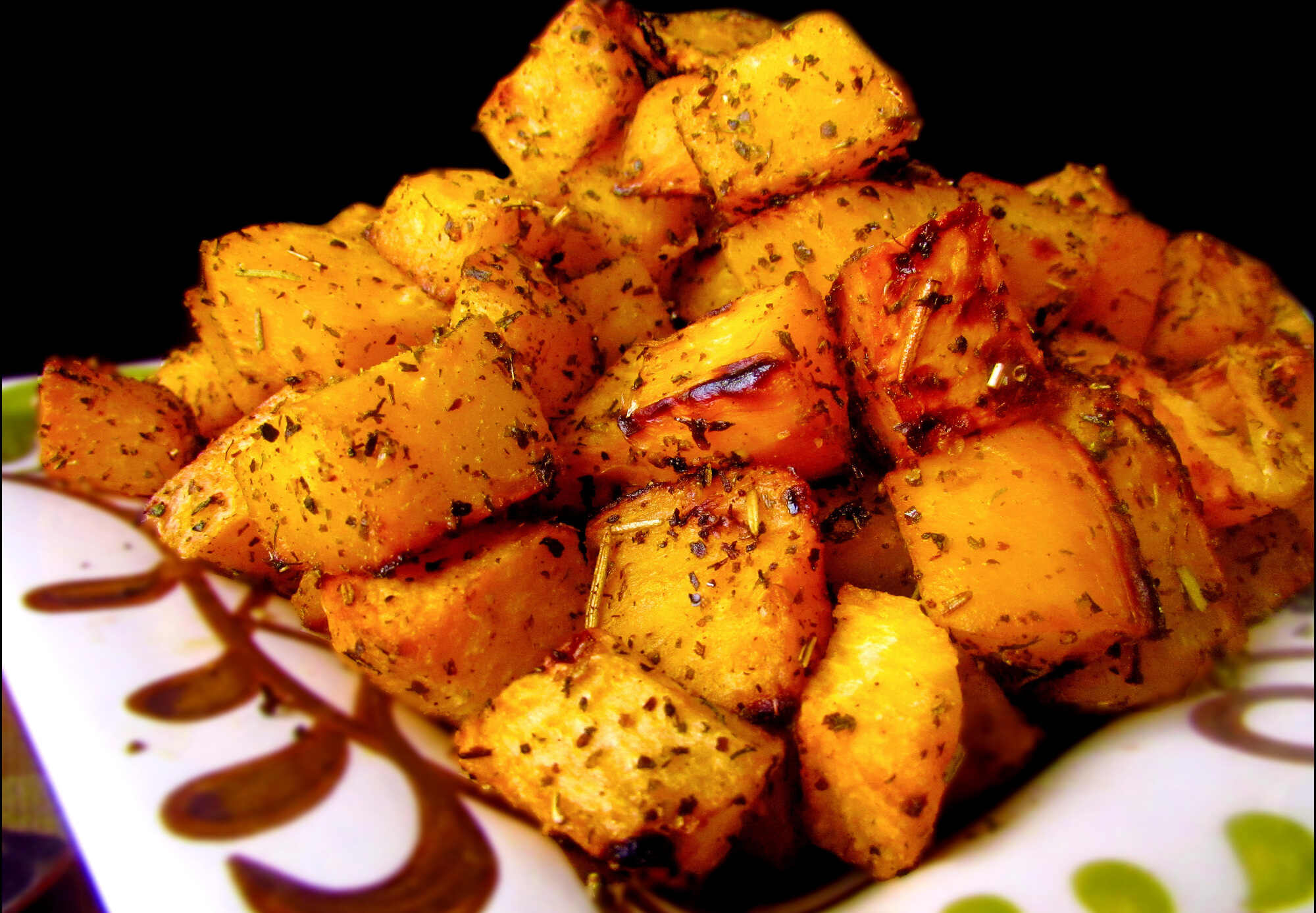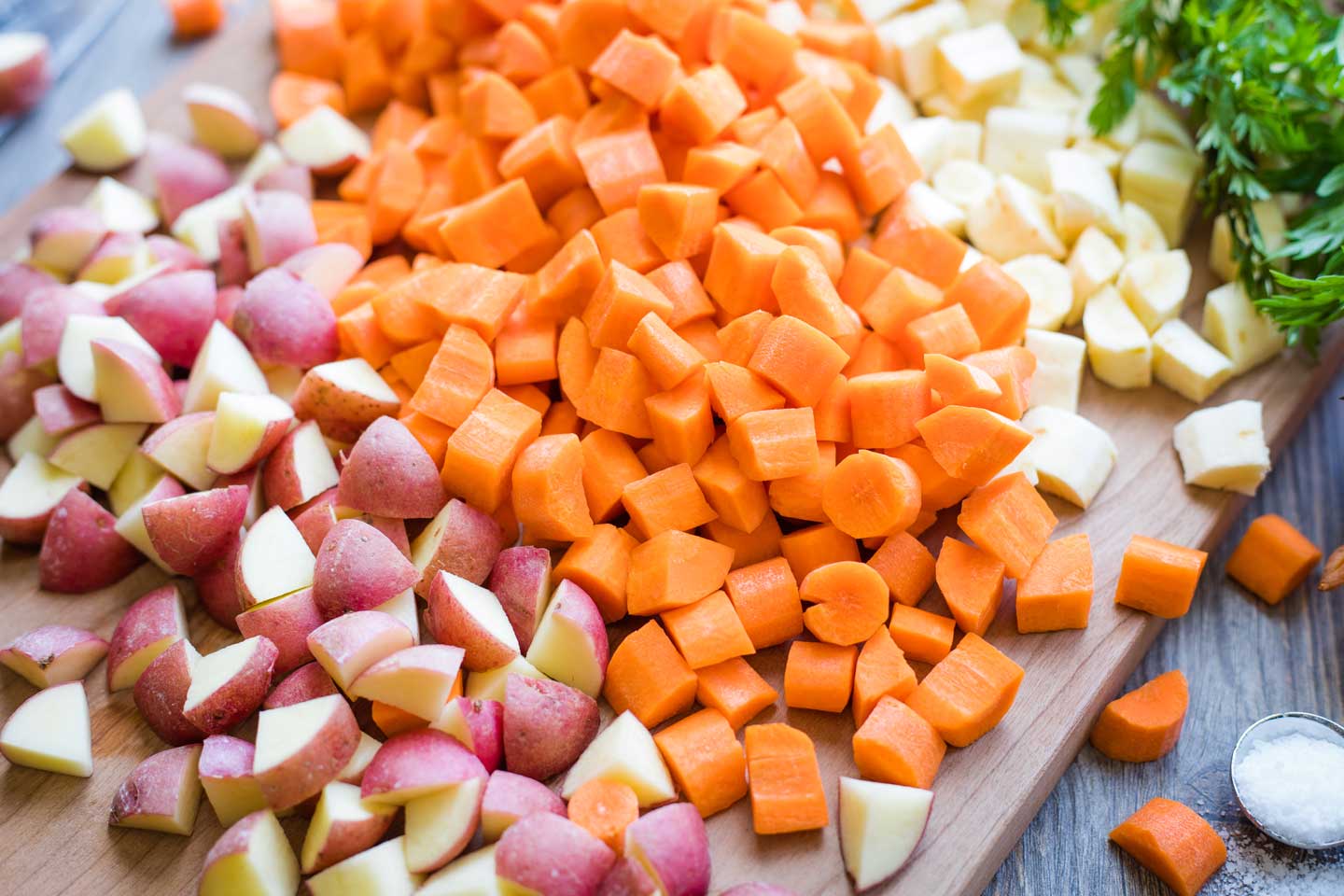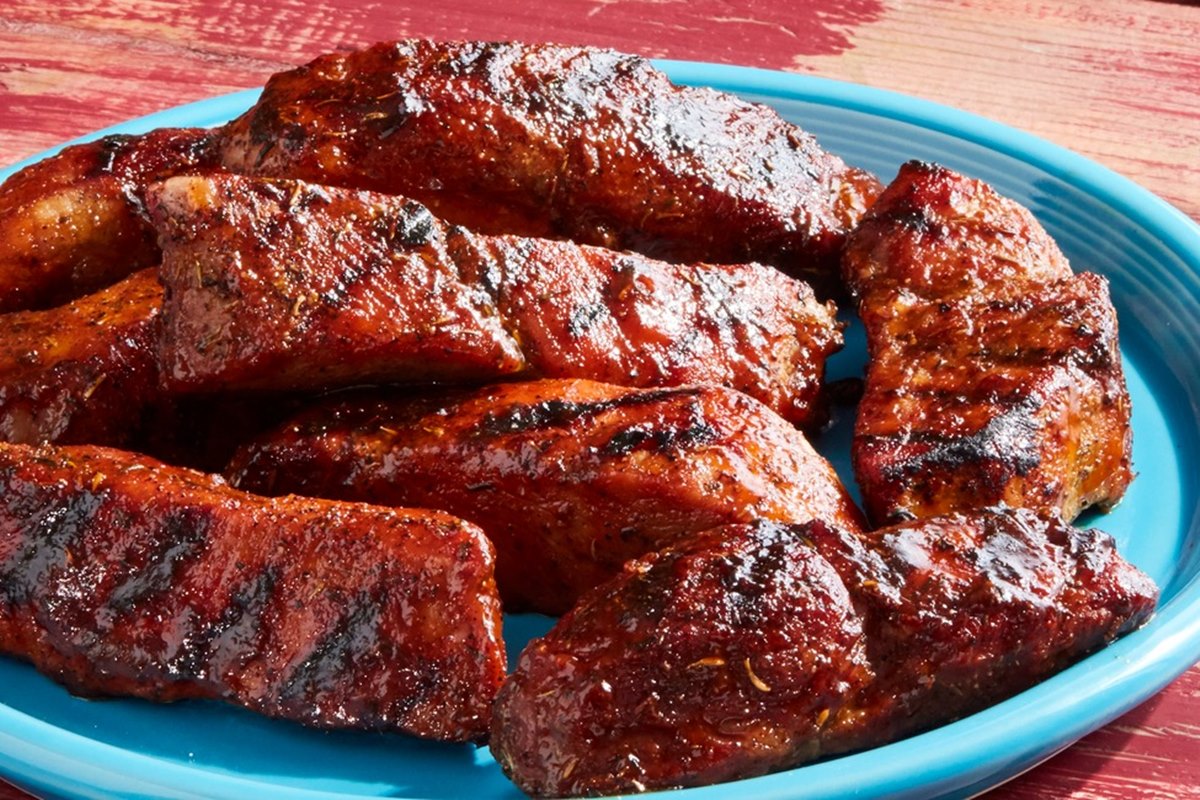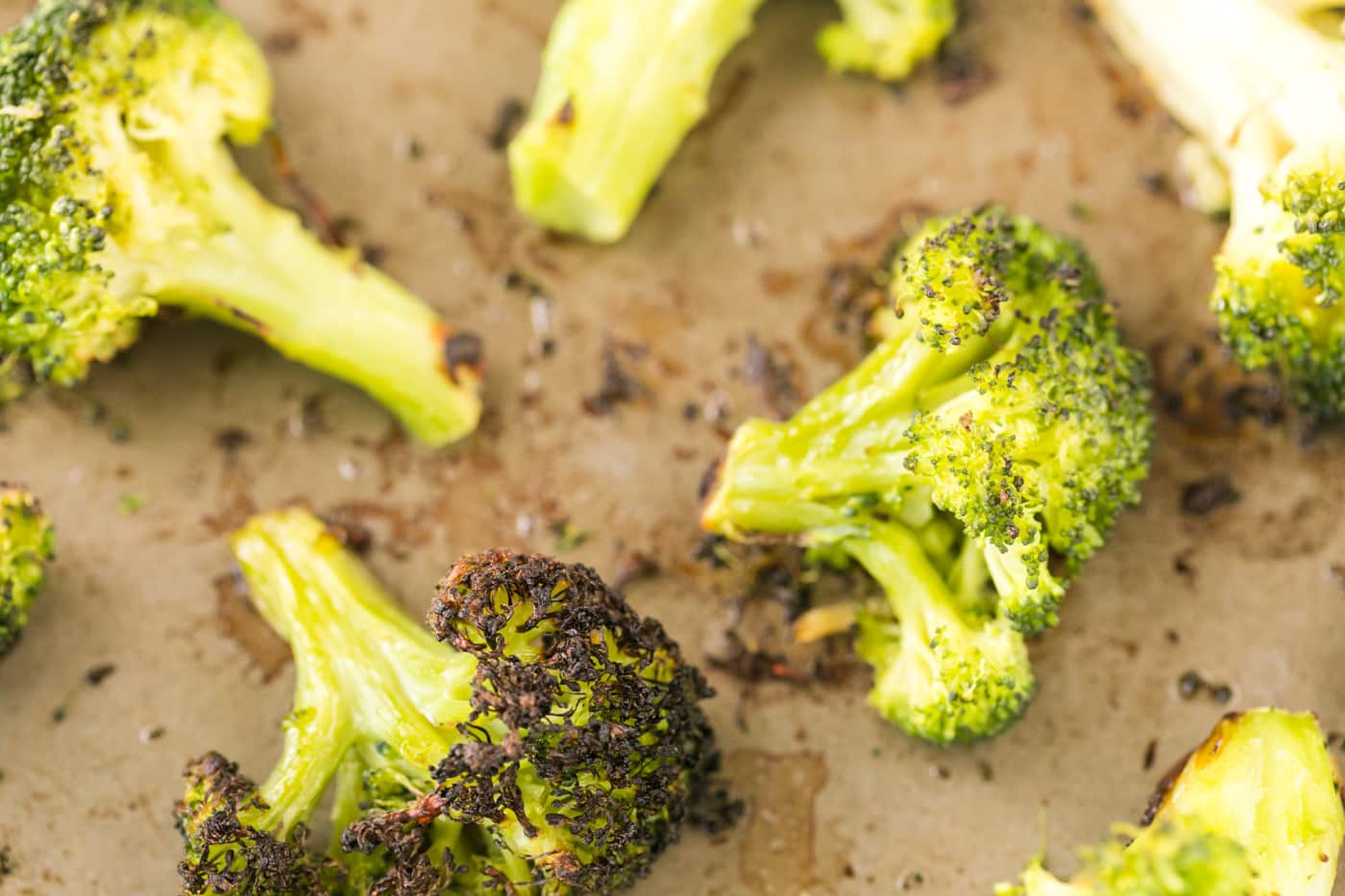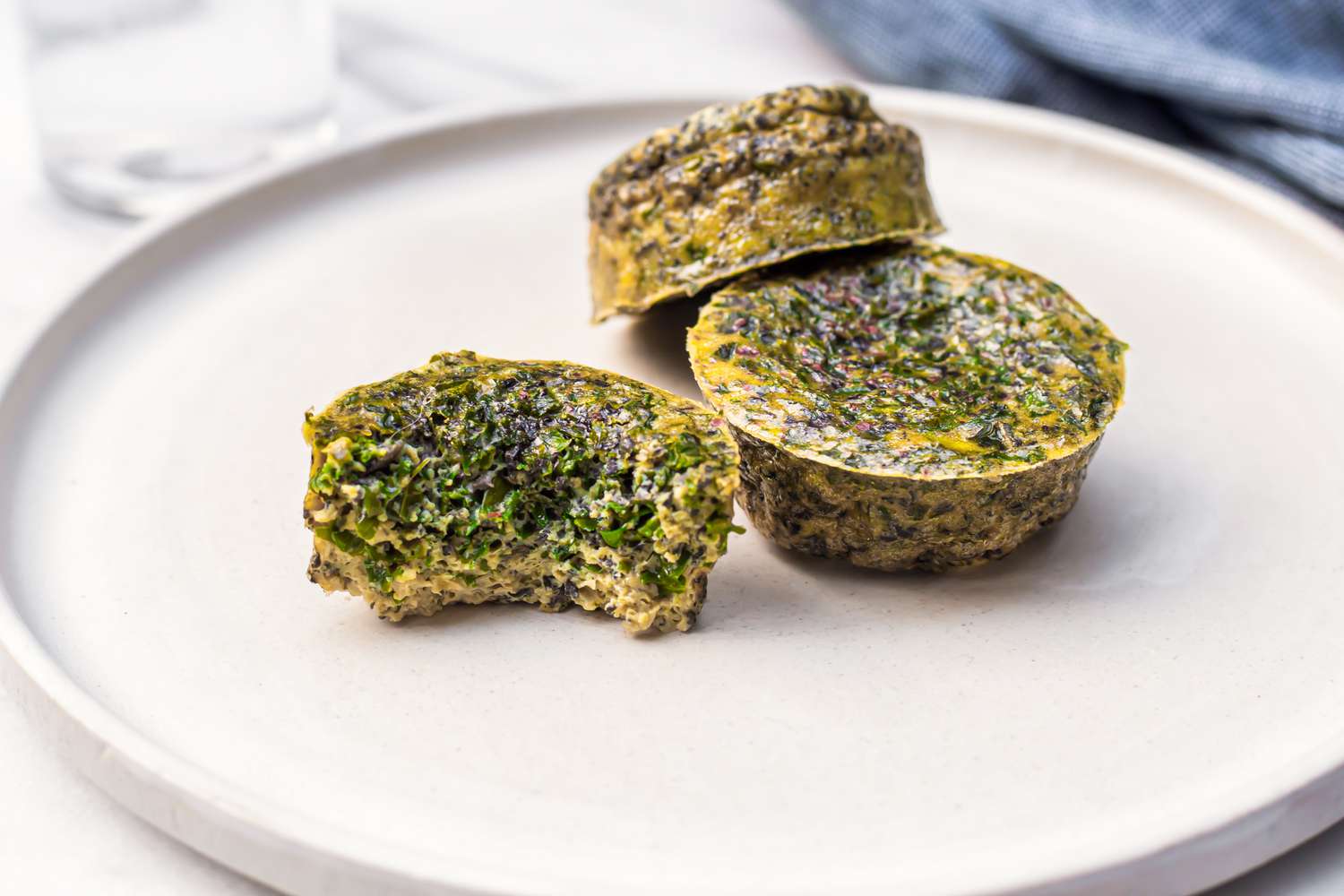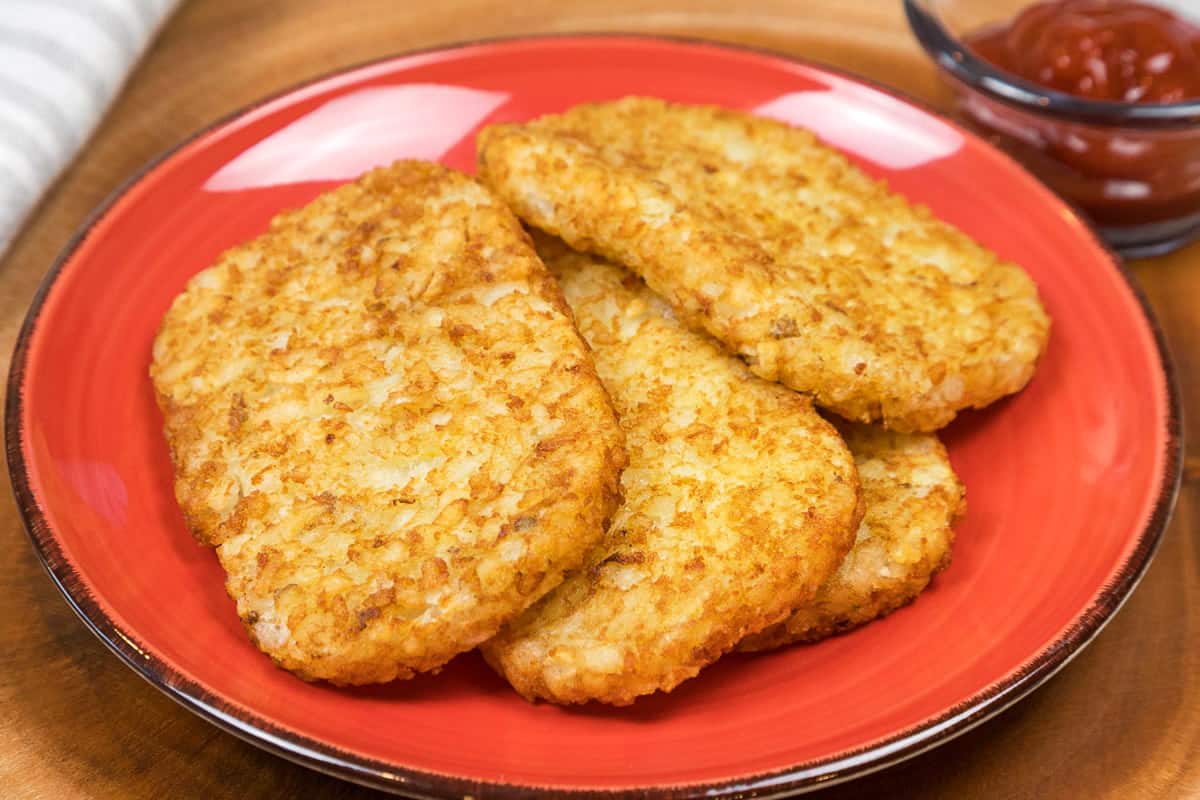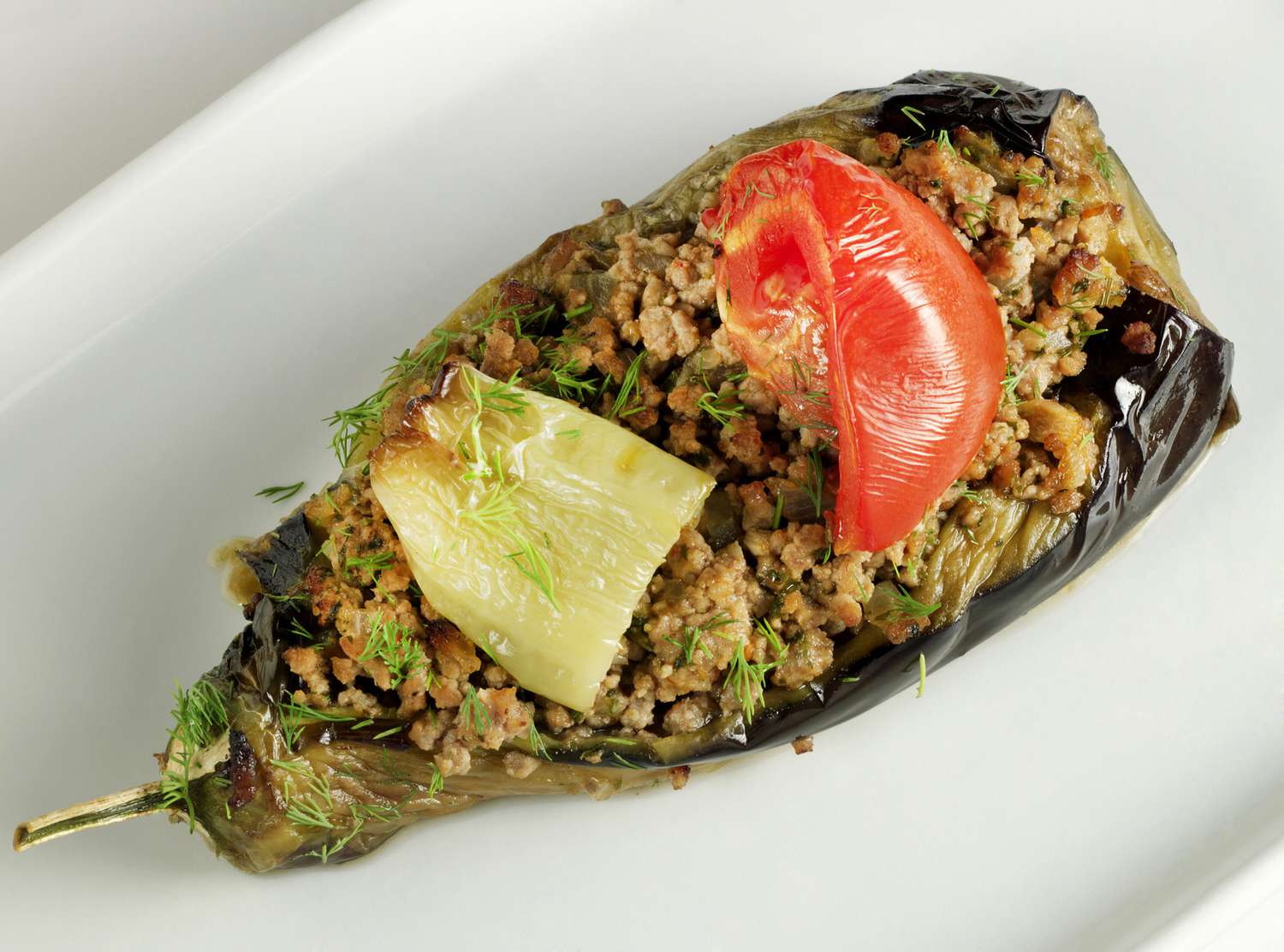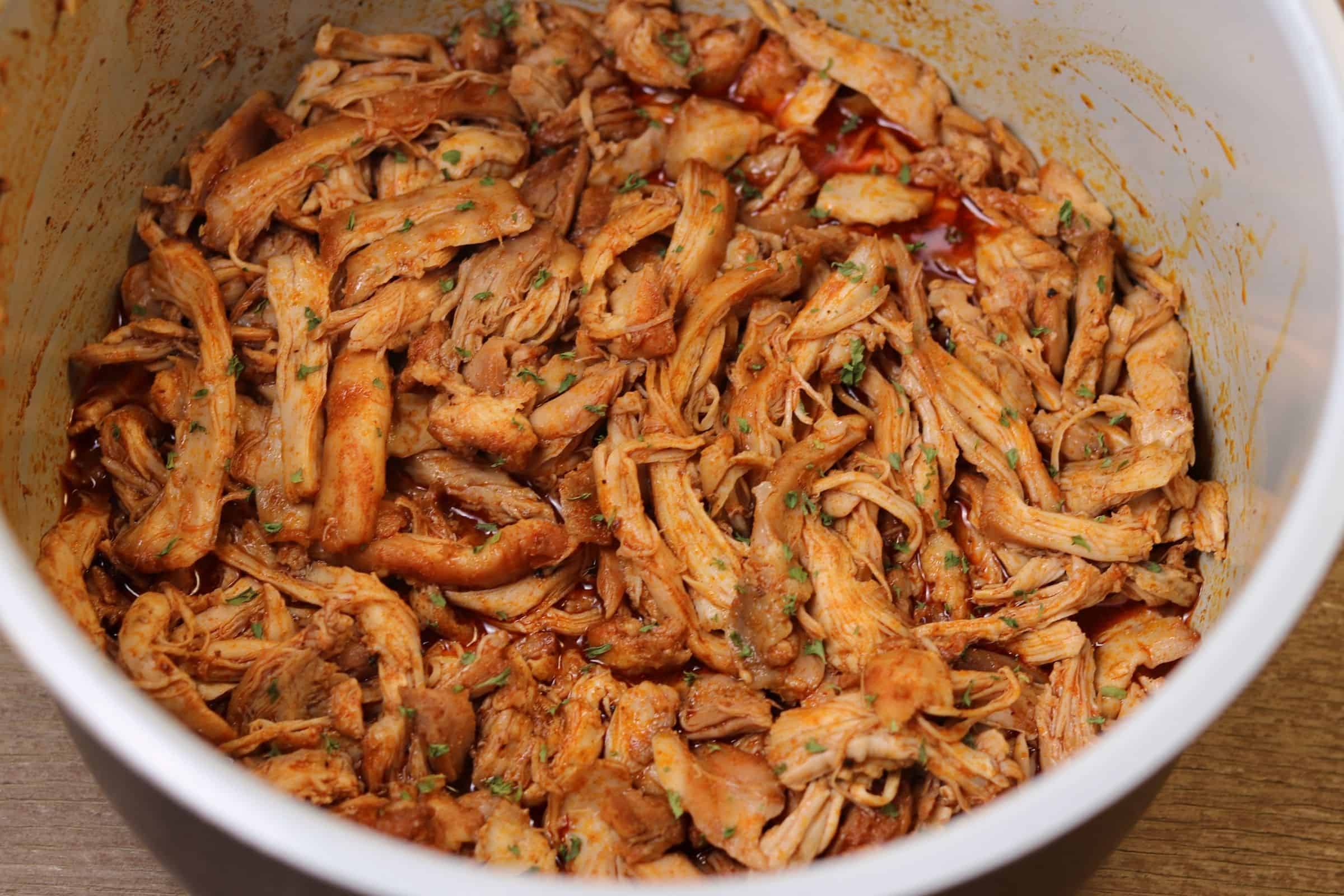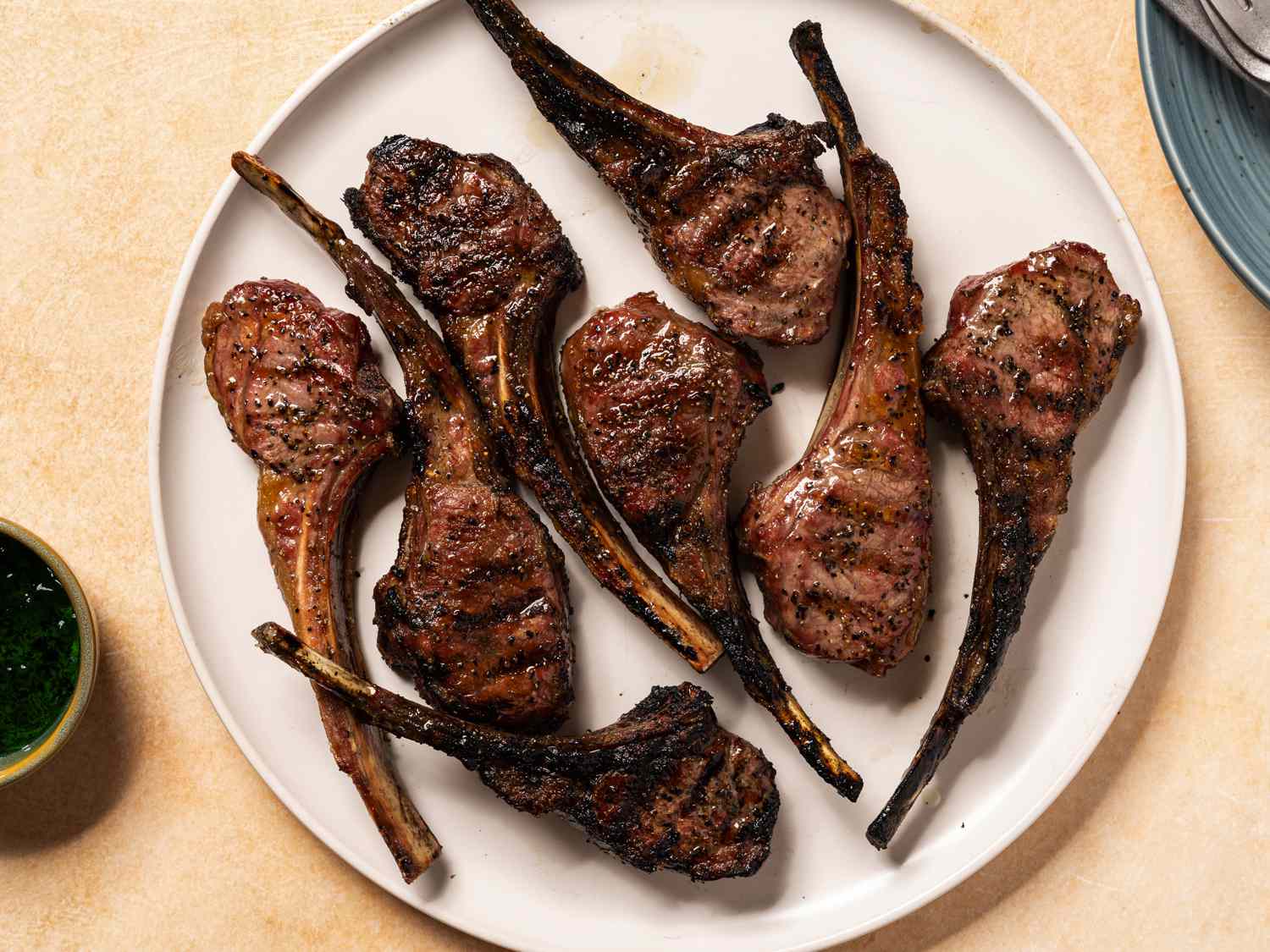Easy and Delicious Caramelized Rutabagas in a Slow Cooker
Are you looking for a simple and delicious way to enjoy rutabagas? Look no further! Caramelizing rutabagas in a slow cooker is a fantastic way to bring out their natural sweetness and create a mouthwatering side dish. Whether you’re a seasoned cook or a beginner in the kitchen, this recipe is sure to impress your taste buds and leave you craving more.
Why Caramelize Rutabagas in a Slow Cooker?
Caramelizing rutabagas in a slow cooker is a great way to infuse them with flavor while maintaining their natural texture. The slow cooking process allows the rutabagas to slowly caramelize, bringing out their inherent sweetness and creating a rich, savory dish. Plus, using a slow cooker makes this recipe incredibly easy – simply set it and forget it until the rutabagas are perfectly caramelized and ready to enjoy.
Ingredients You’ll Need
Before you get started, make sure you have the following ingredients on hand:
- 2 large rutabagas, peeled and cubed
- 2 tablespoons of butter
- 2 tablespoons of brown sugar
- 1 teaspoon of salt
- 1/2 teaspoon of black pepper
- 1/2 cup of vegetable or chicken broth
Instructions
Now that you have your ingredients ready, follow these simple steps to caramelize rutabagas in a slow cooker:
- Place the cubed rutabagas in the slow cooker.
- In a small saucepan, melt the butter and brown sugar together over medium heat, stirring until the sugar is dissolved.
- Pour the butter and sugar mixture over the rutabagas in the slow cooker.
- Season the rutabagas with salt and black pepper, then pour the broth over the top.
- Cover the slow cooker and cook on low for 6-8 hours, or until the rutabagas are tender and caramelized.
- Once the rutabagas are caramelized to your liking, serve them hot and enjoy!
Enjoy the Sweet and Savory Flavor
Once you try caramelized rutabagas from the slow cooker, you’ll be hooked on their sweet and savory flavor. This dish pairs perfectly with roasted meats, poultry, or even as a standalone side. The natural sweetness of the rutabagas, enhanced by the caramelization process, is sure to be a hit with your family and friends.
So next time you’re looking for a new and exciting way to enjoy rutabagas, give this slow cooker caramelized rutabaga recipe a try. You’ll be amazed at how such a simple and easy dish can pack so much flavor!
